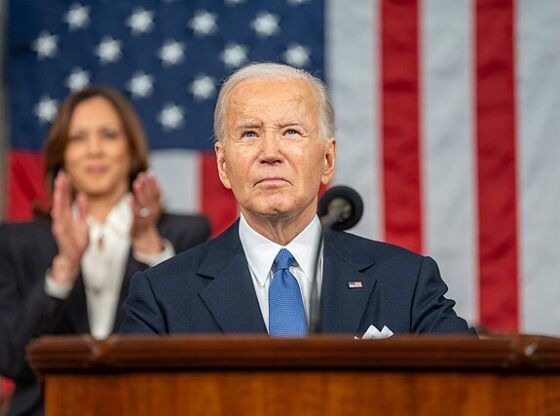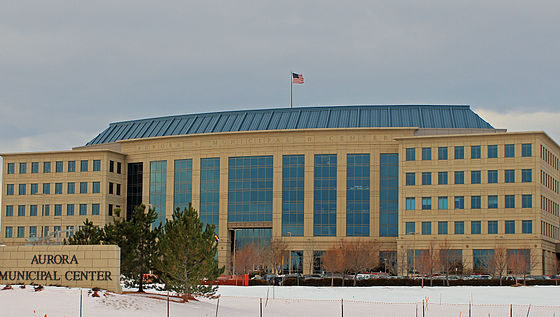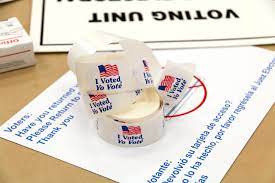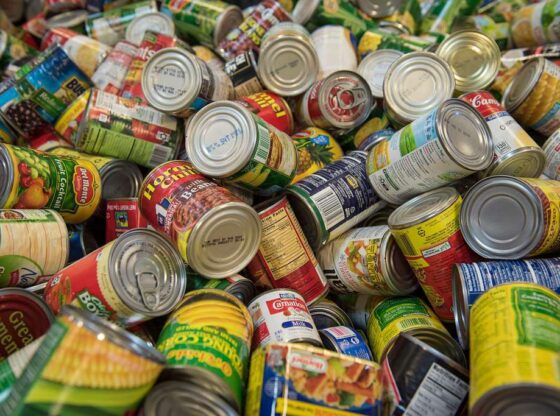On Wednesday, Feb. 28, the Josef Korbel School of International Studies held a panel to address Russia’s invasion of Ukraine, which is now in the third year of conflict.
The panel was composed of DU professors, namely Dr. Debak Das, Dr. Rachel Epstein, Dr. Nadia Kaneva, Dr. Suishang Zhao and special guest Dr. Olena Fomenko, a professor of cultural studies and linguistics from Kyiv, Ukraine.
The panel was moderated by DU’s professor of political sociology of violence, gender and development, Dr. Marrie Berry.
Dr. Kaneva gave opening remarks at the panel, sharing a touching email she exchanged with Dr. Fomenko three years ago after the beginning of the Russian invasion. “I literally didn’t know what to say,“ Kaneva said. “So I just wrote this one line, ‘Elena, words are meaningless. I hope you’re safe.’”
Fomenko’s email back to Kaneva was a reminder of what life is like for people living in Ukraine.
“She responded, ‘Dear Nadia, thank you so much for your message. Your support means a lot.’ She went on, It looks like there’s no safe place in Ukraine now. We have shelters and if necessary, we spend the night in the closest one.’”
The email exchange among the two friends who have dedicated their careers to academia was felt with a heavy heart among the audience.
Fomenko was next to speak on the panel, where the Ukrainian native shared her perspective on the conflict. “I still have this red alert on my phone I follow,” she said.
“I follow all the alerts and read the news to see where my family is and I always write them and try to find out if they’re alive.”
Fomenko’s experience of the event catalyzed the heavy emotional toll that the conflict has taken on Ukrainian citizens.
She added what life is like for Ukrainians struggling to survive their third year of the war. She explained how Ukrainians struggle to find makeshift shelters from air raids. Her words shed light on the reality of the conflict not found in third-person accounts.
“Alert shelters have become a part of our daily vocabulary,” Fomenko said. “We associate these words with World War II or the Cold War, we never thought that words like ‘air raid alert,’ ‘bomb’ or ‘ballistic missile’ would become a part of our daily lexicon.”
Dr. Epstein added an explanation of the geopolitical realm of the conflict. She explained how NATO is spending more on European defense than in the past, and how a democratic Ukraine, in proximity to an authoritarian Russia, threatens Vladamir Putin’s power.
The panel also discussed the nuclear threat faced by Russia in the current context of the war.
“Russia, as of summer 2023 had an estimated stockpile of about 4,489 nuclear warheads for use on both strategic and tactical weapons,” Das said.
Das noted the possibilities in which Russia could use its nuclear arsenal. He outlined that Russia may resort to a nuclear option on four conditions: if Russia received reliable data about the launch of ballistic missiles against Russia, the use of nuclear weapons against Russia or its allies, attacks against Russian nuclear command and lastly, aggression against Russia with conventional weapons which the existence of the Russian state.
China’s involvement in the conflict was touched on by Dr. Zhao. “China has never condemned Russia and also adopted Russia’s narrative that NATO expansion caused them to start the war,” he said.
He touched on how U.S. and China relations have deteriorated in the last several years. Zhao views the U.S. as trying to contain their power. “In that context, China sees their relationship with Russia as a counterbalancing behavior,” Zhao said.
Concluding remarks were given by Fomenko, marking the determination of the Ukrainian people. “We knew we were going to be on our own from the beginning of the conflict, three years ago, but we believe we are going to win,” she said.











